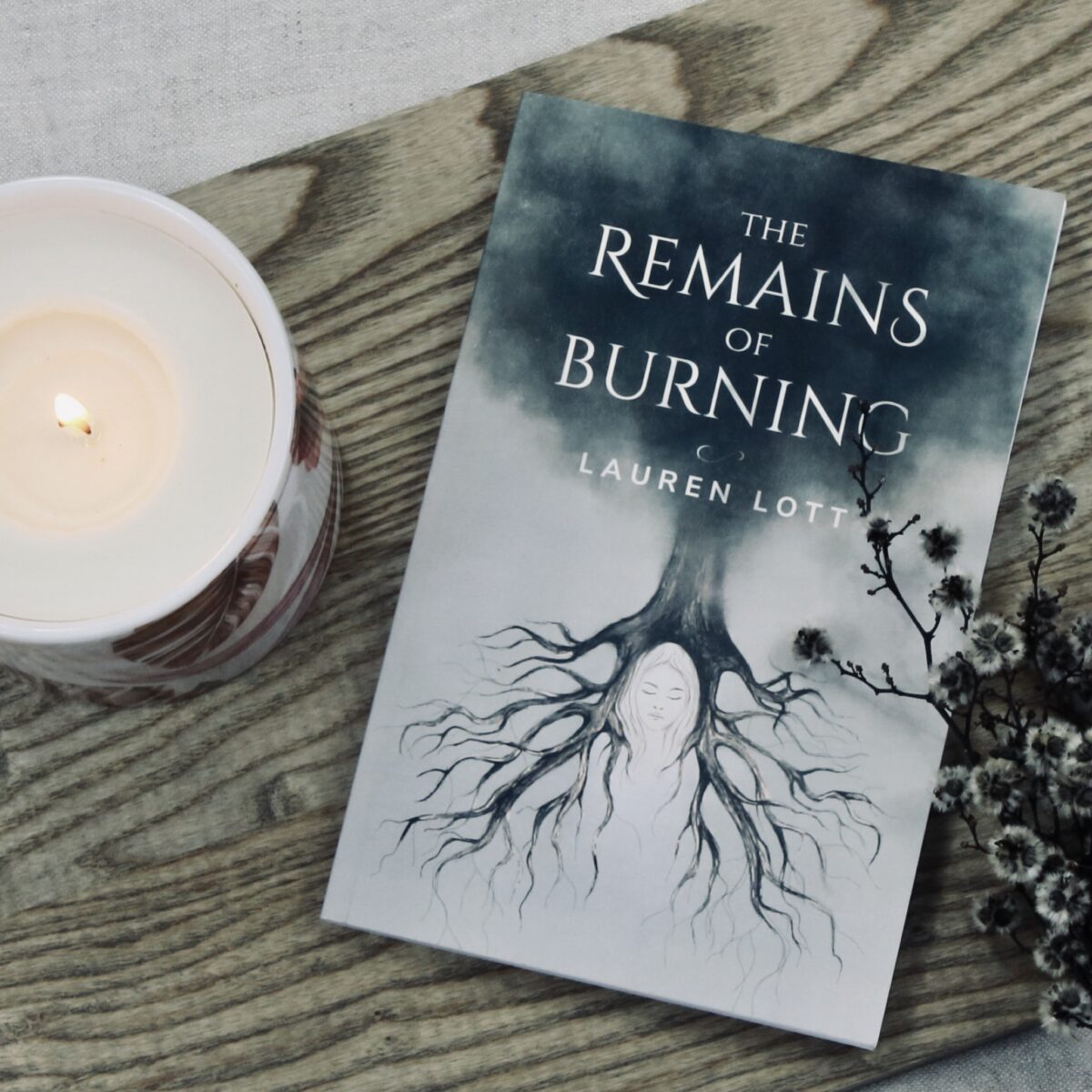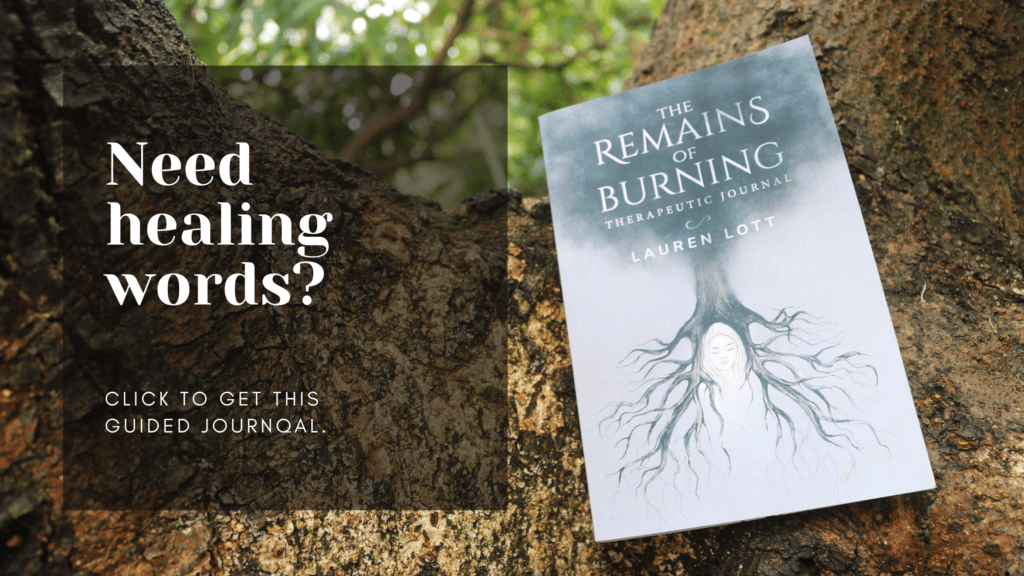Firstly, let me say, I am a certified therapeutic writing coach, not a therapist. As a therapeutic writing coach I am unable to diagnose or work in depth with psychological or emotional health concerns. I focus on helping others improve their lives through the practice of therapeutic writing. The eight ways you can support yourself through pain and loss discussed in this blog post have been curated through study, research and personal experience.
We often seek to know how we can support those in our lives who are going through hard times. However, learning how to support ourselves is just as important. Care from our loved ones can do wonders, but real progress happens when we show up for ourselves, take time to grieve and do the brave work needed to heal.
Once I realised that I was the one I was waiting for, I felt empowered to create my own healing plan. This looked like extended time spent in nature, journaling, counselling, nurturing my creativity, time with trusted friends, contemplative prayer and reading, water and exercise.
I also became mindful of my surroundings, was careful to not judge my emotions, became selective in who I took advice from, was open to receiving practical help when I needed it and cried a lot.
None of these things provided a quick fix. We all know healing doesn’t work like that. I don’t think I’ll ever be done with the restorative process, simply because we live in an imperfect world. In saying that, it is clear that learning how to support ourselves through pain and loss is vital to become our true best. And it all starts with being present.
Be present.
Although distracting ourselves from pain is tempting, we need to be present to it. This means turning towards it and gradually moving closer, step by step, till eventually we are able to enter into it. The only way to move beyond it, is the walk through it. There is no road around, no tunnel under, no way above – only through. We must feel it, before we can be free of it.
Cultivate your surroundings.
Our surroundings can assist the healing process. Good surroundings make us feel safe and calm. Beautiful sights, sounds and scents can create spaces that nurture and care for our body, soul and mind. Being intentional about what we watch and listen to is beneficial not only to our mental health but also to our physical and emotional well being. For me, this looks like purposely putting myself in the path of beauty. Propping my camping chair beside the lake and watching the sun go down, filling my house with flowers and plants, listening to orchestral music while walking beachside, and being attentive to the wonders happening in my own garden are all ways I seek to bring more beauty into my life.
Validate your experience.
When processing pain it’s hard not to judge how we feel. This is because we have learnt that certain emotions are bad, and to feel them makes us bad too. While some emotions do have a negative effect on us and those around us, to feel negative emotions is to be human. It is important to know that feeling an emotion and acting upon it are two different things. Whether it is shame, anger, frustration, guilt, resentment, sadness or jealousy it must be felt, noted and validated through nurture and understanding without condemnation.
Write and reframe your personal narrative.
Journaling has been imperative in my healing journey. Numerous studies have proven the value of therapeutic writing. Research shows it strengthens mental, emotional, and physical health, by reducing stress, regulating emotions, boosting memory and improving overall wellbeing. Writing through pain is a way to not only dump negative emotion but also to reframe personal narrative through observing unhelpful beliefs and lies. For those seeking a guided journaling experience, ‘The Remains of Burning’ poetry and writing prompts to process pain and loss, is a tool I created to assist healing through journaling.
Avoid advice.
Obviously when I say avoid advice, I mean that we can limit the amount of people we give permission to speak into our lives. Accommodating a myriad of opinions about what happened to us, how we should feel and what we can do next can be exhausting. It is wise to shut out some voices and prioritise others. Having a few trusted confidants versus listening to anyone and everyone helps us to feel safe and prevents the unnecessary triggering of pain.
Ask for help.
Pain and loss do not only have an effect on our physical, emotional and physiological state. They can also change our social connections, relationships, financial circumstances and future goals. Asking for practical help while you deal with the fall out is okay. Maybe there is someone who can provide child or domestic support. We can support ourselves by asking for what we need.
Seek professional guidance.
Seeing a psychologist, therapist or counsellor is commendable. Although it is important to know the right help may not always be convenient. Finding a professional suited to address your concerns can take some time and adjustment. When it comes to pain and loss, it may be beneficial to seek a therapist and counsellor who specialises in grief and trauma. The important thing to remember is if the therapist is not the right fit for you it does not mean you are at fault.
Intentionally increase care and nourishment.
Basically, spoil yourself. Create extra time for the things you like. Buy expensive bath bombs. Go for that massage. Take a nap. Order in food. Do what makes you feel beautiful. Reduce your schedule. Make more room for what you find fun. It is okay to say no to things you once did that you now find stressful. Do not feel guilty for giving yourself the time, attention and support you need.



